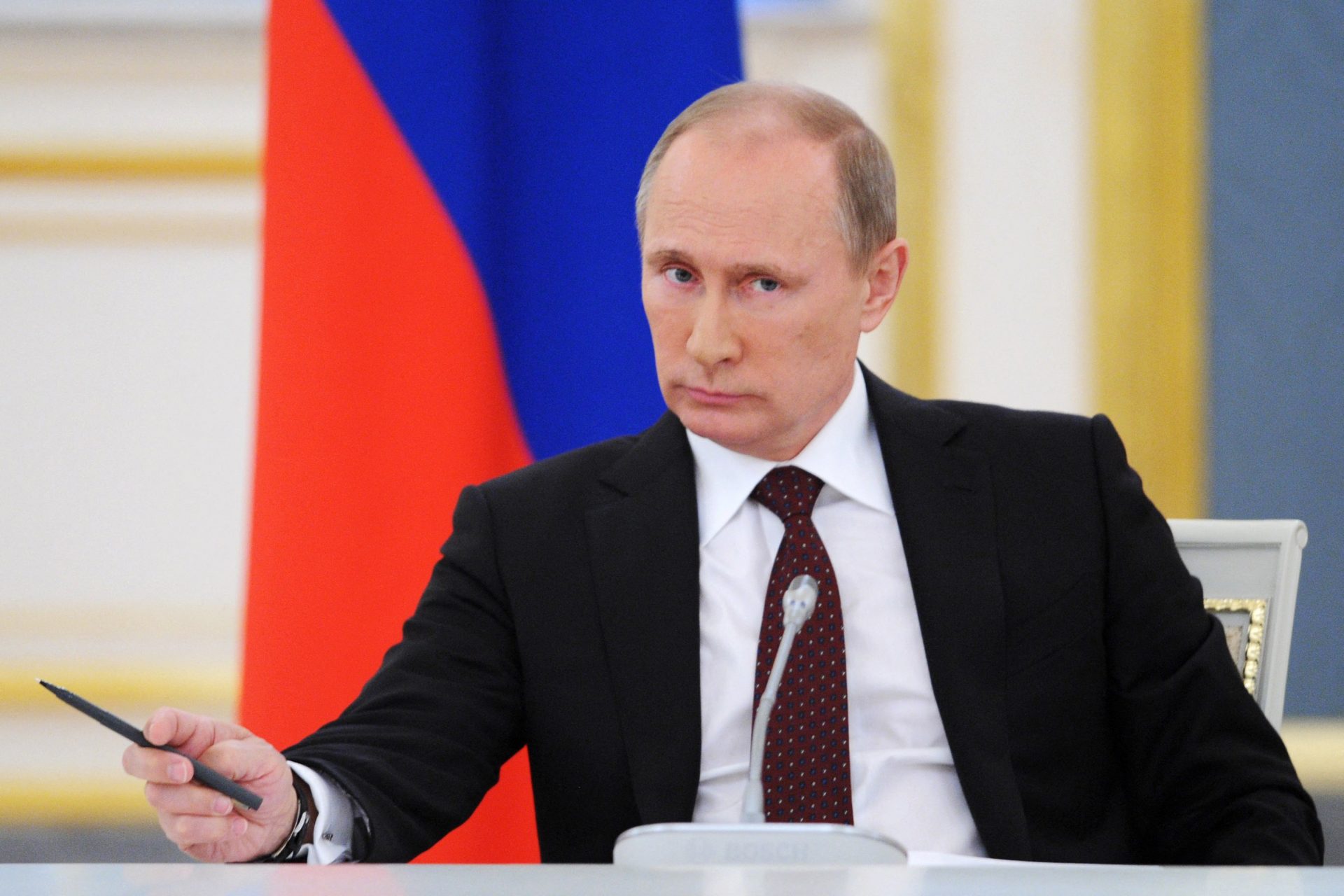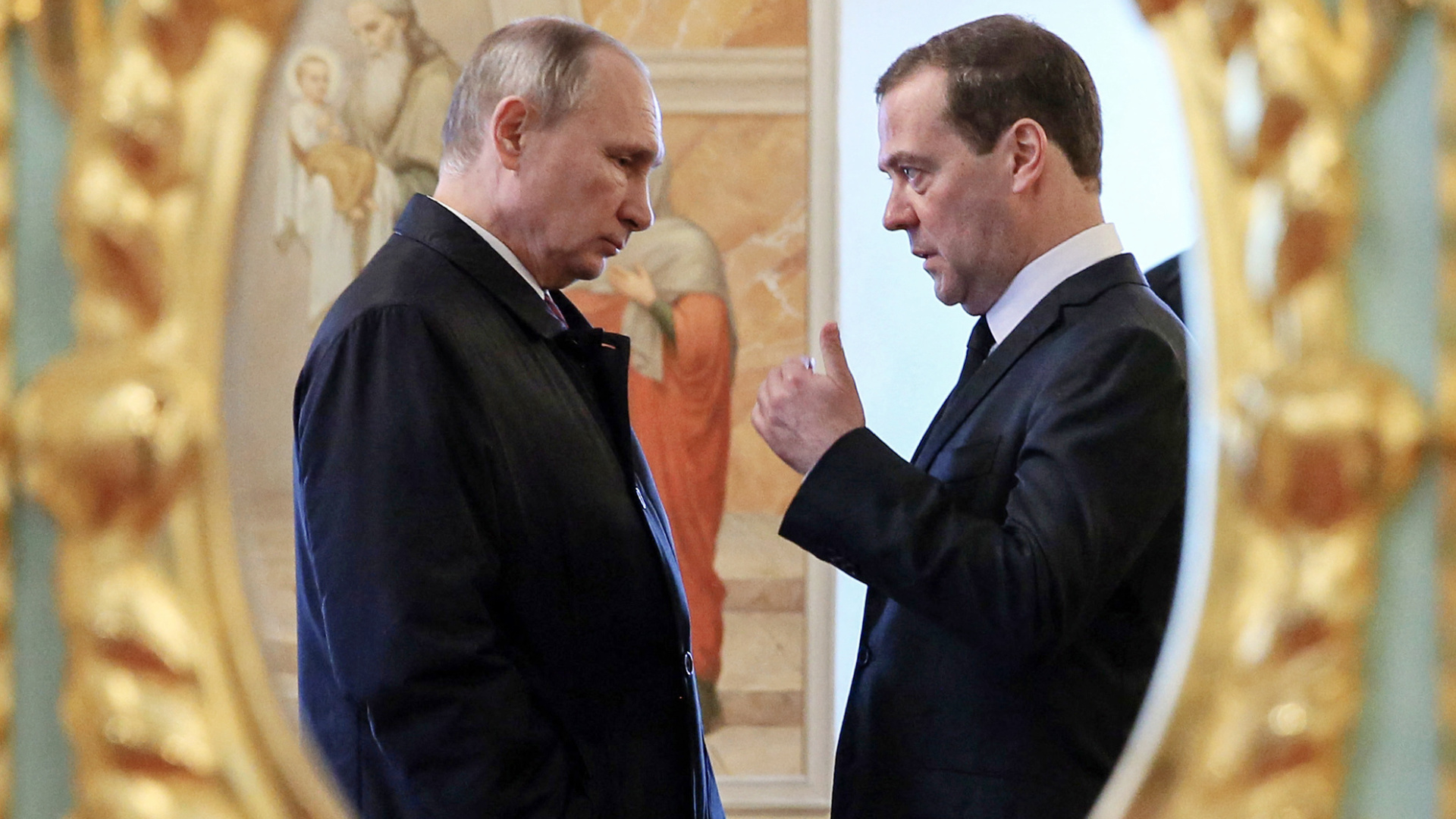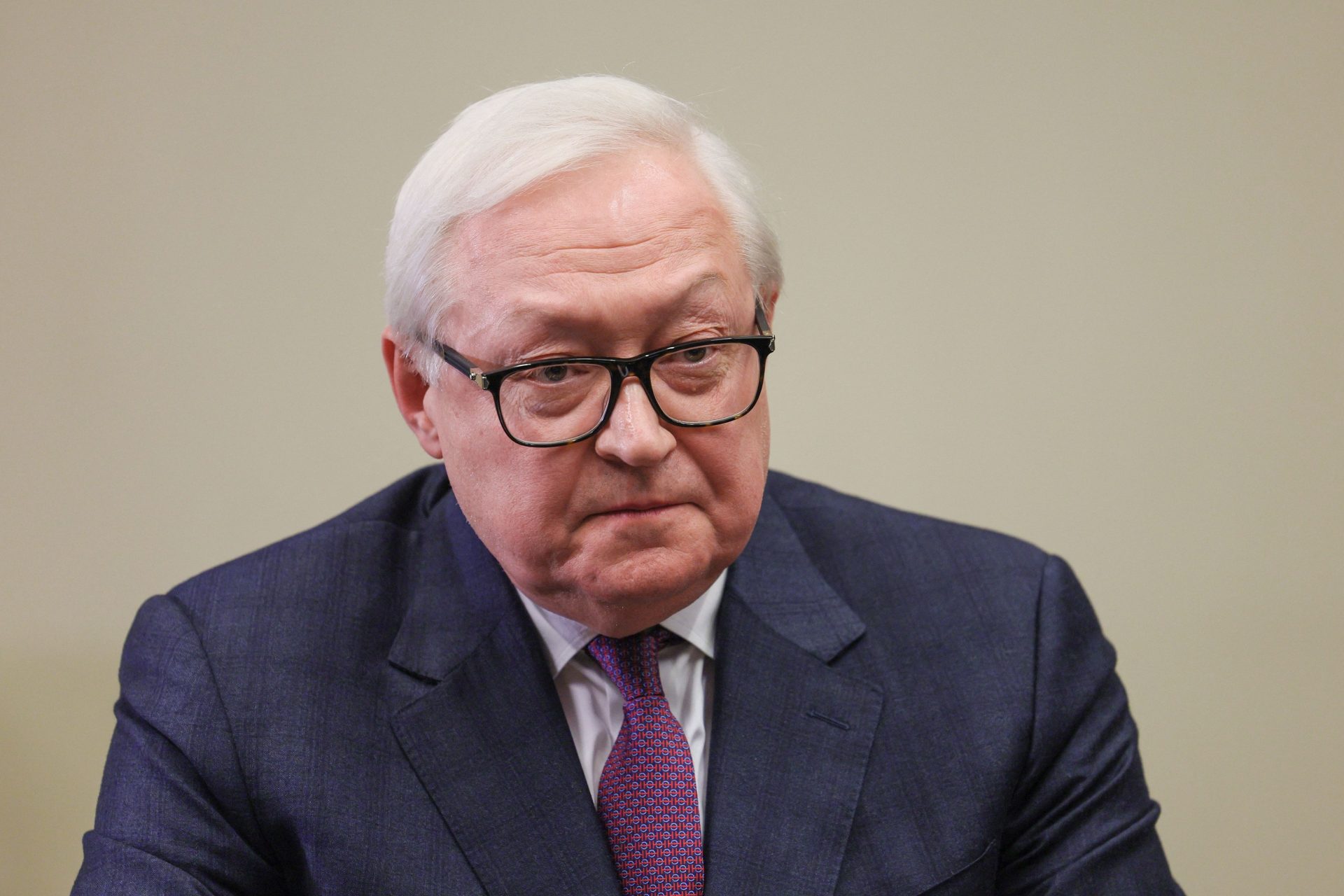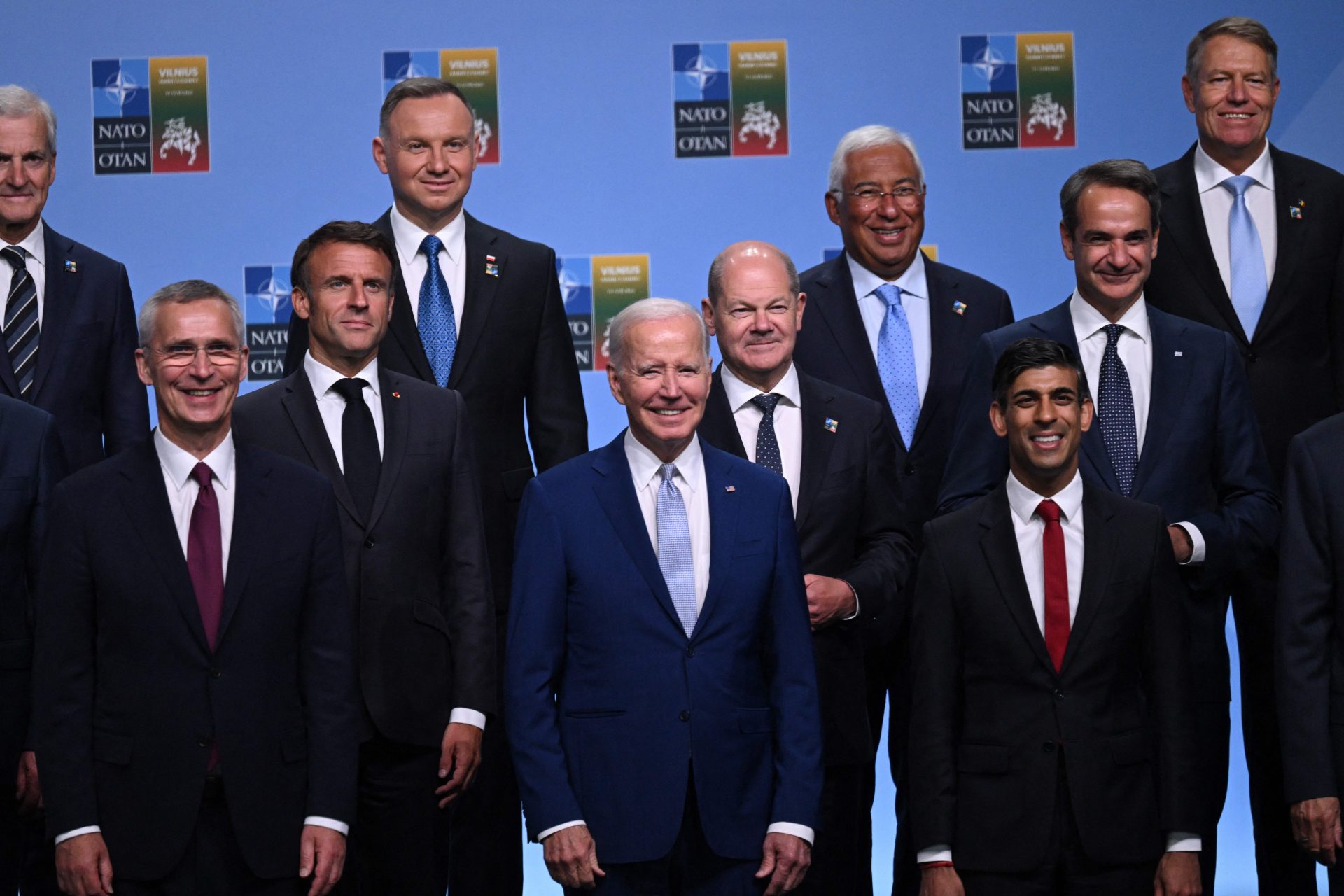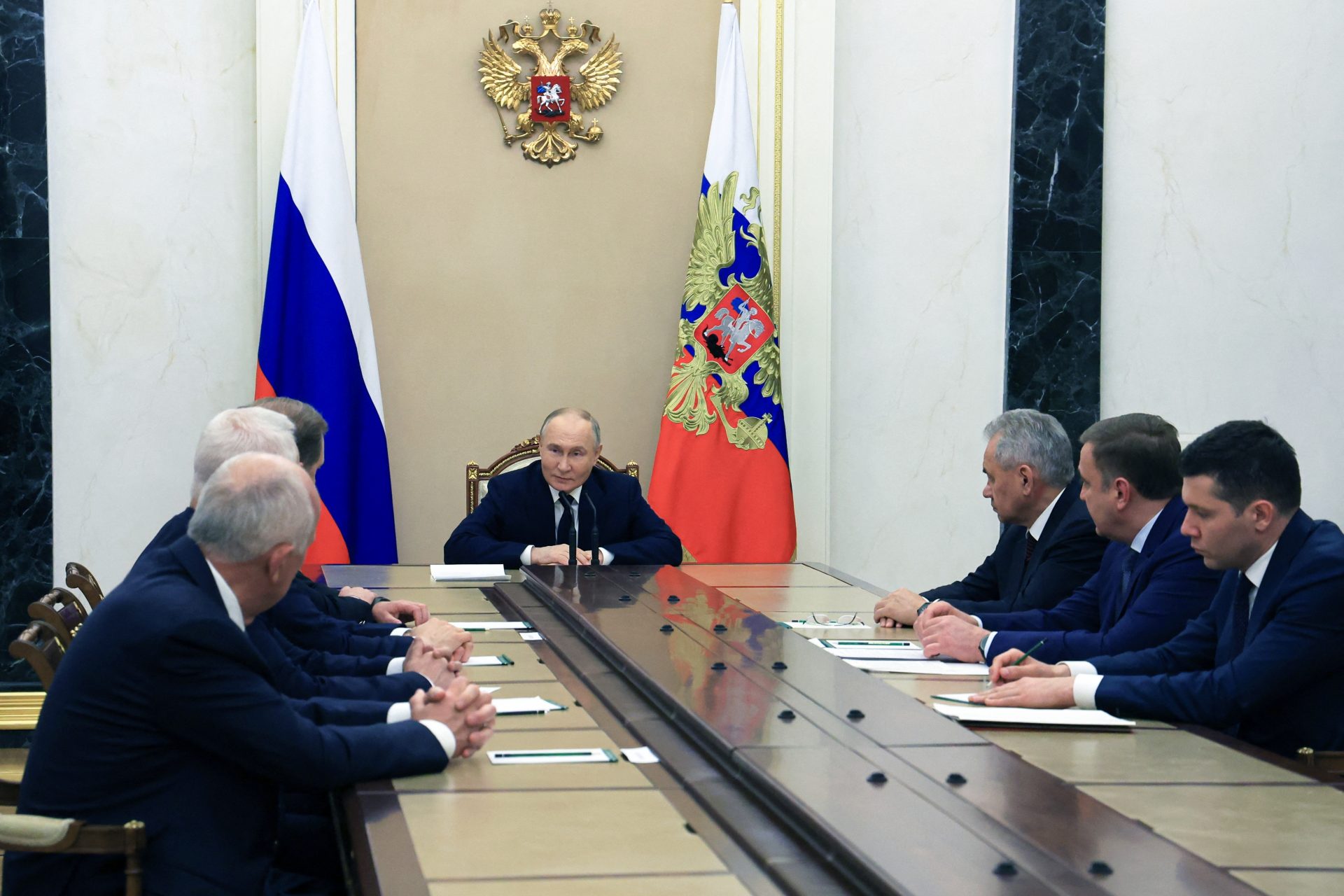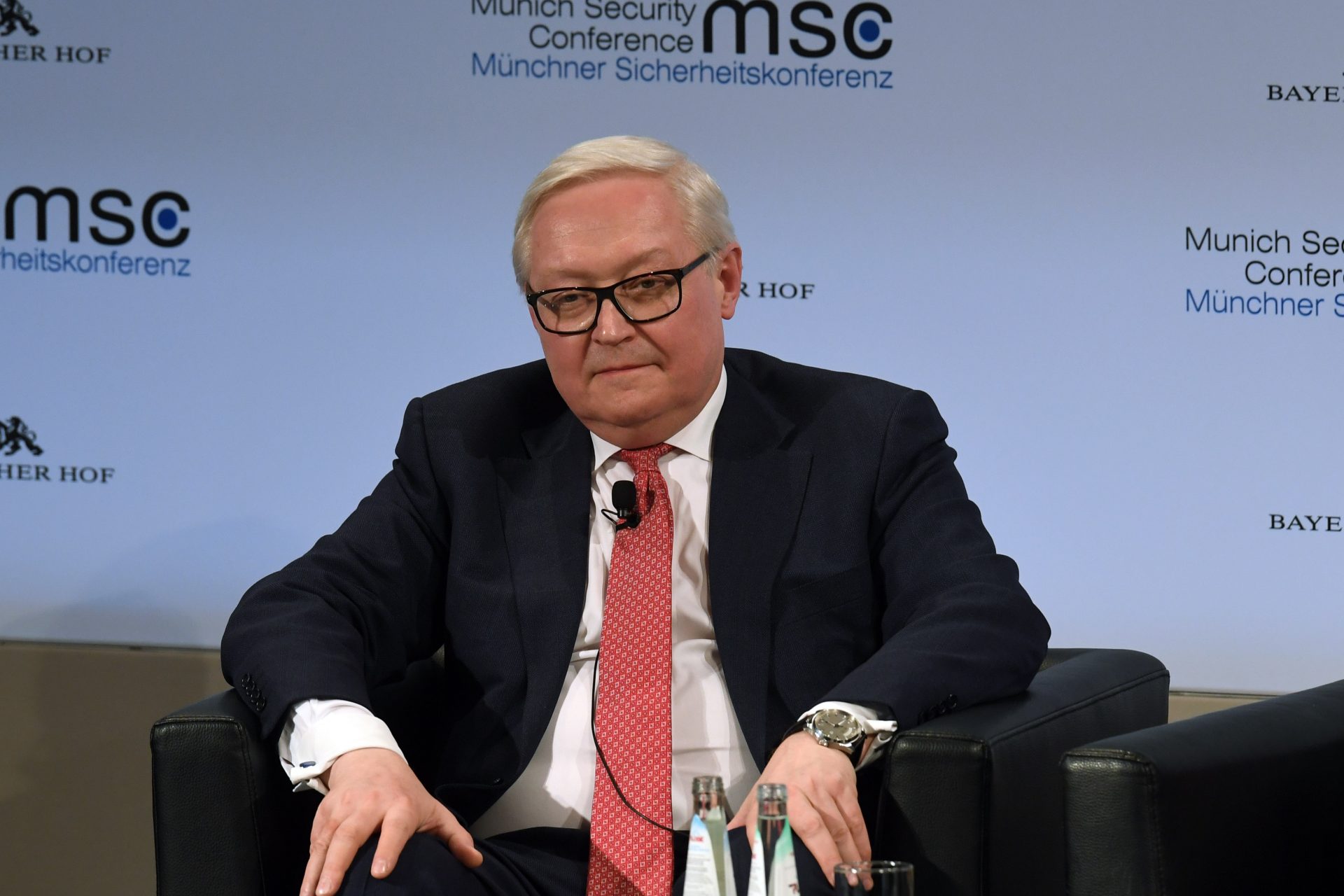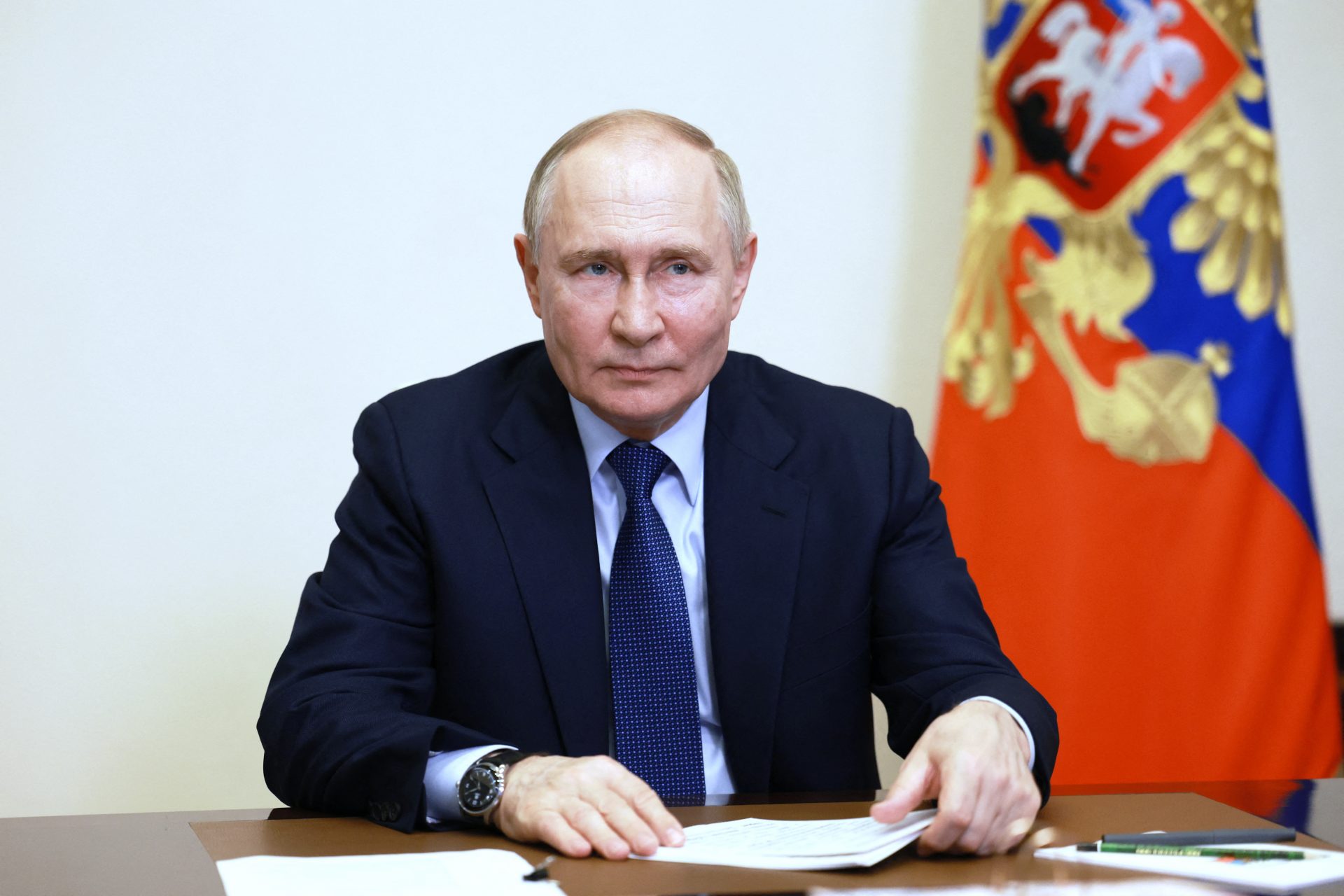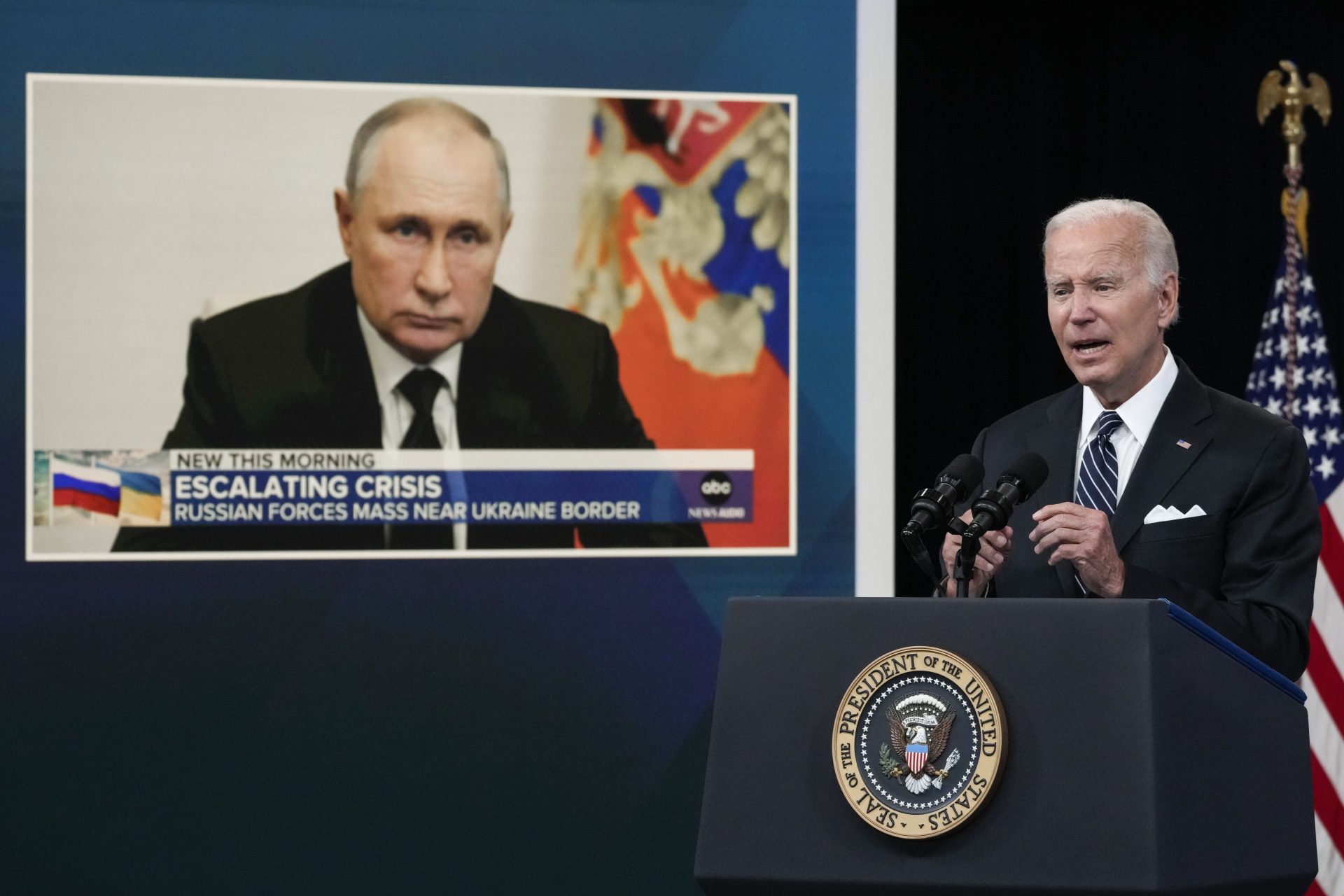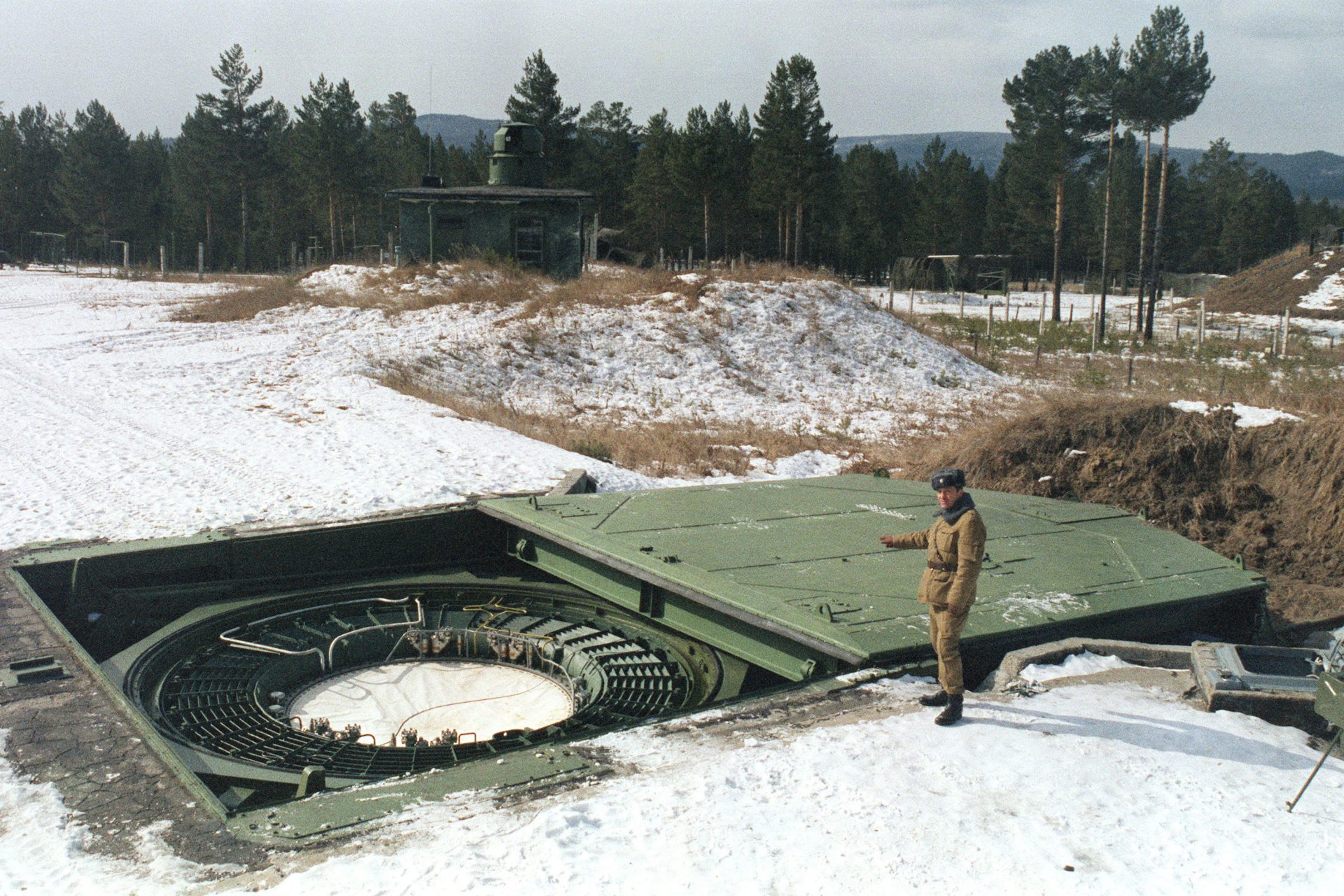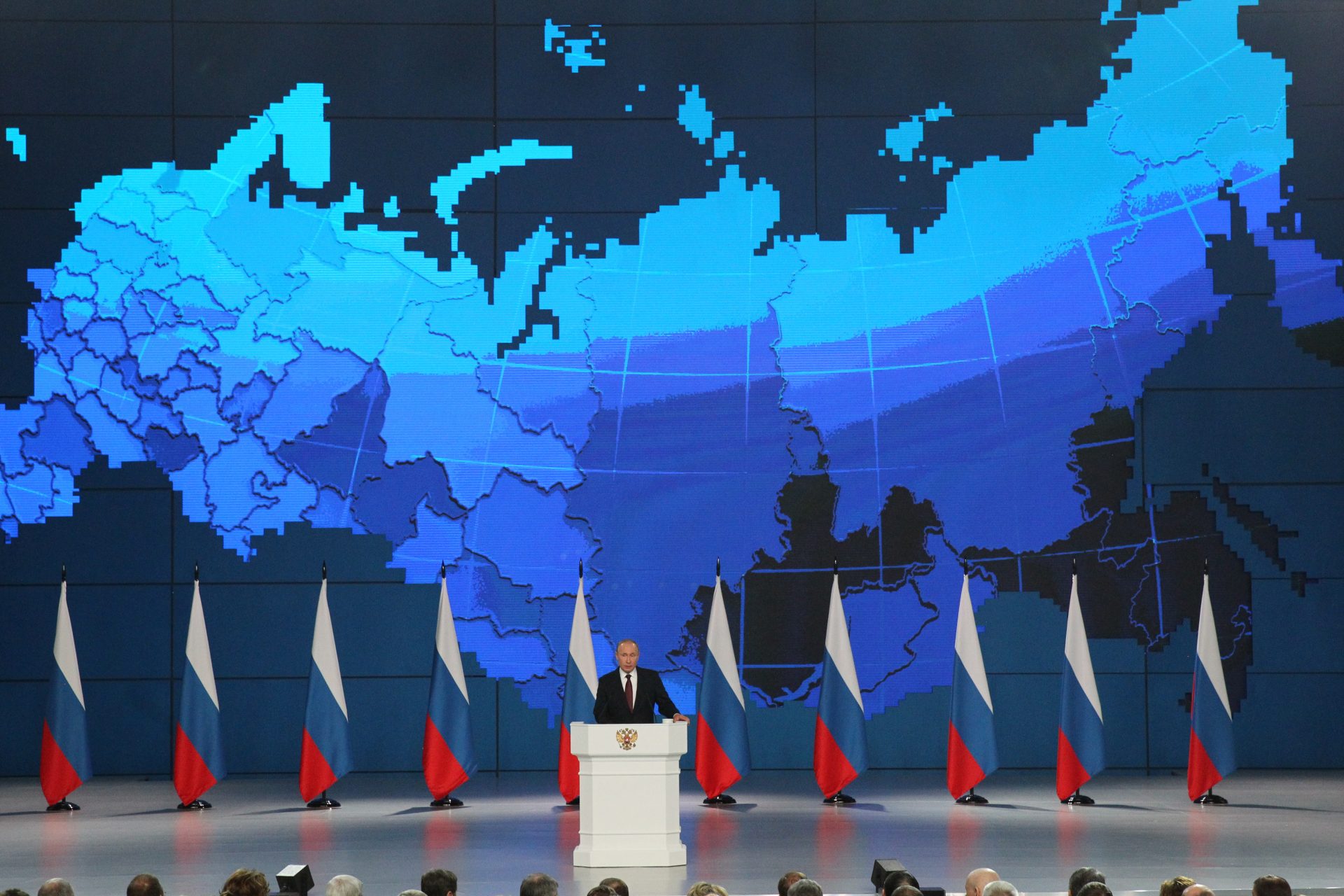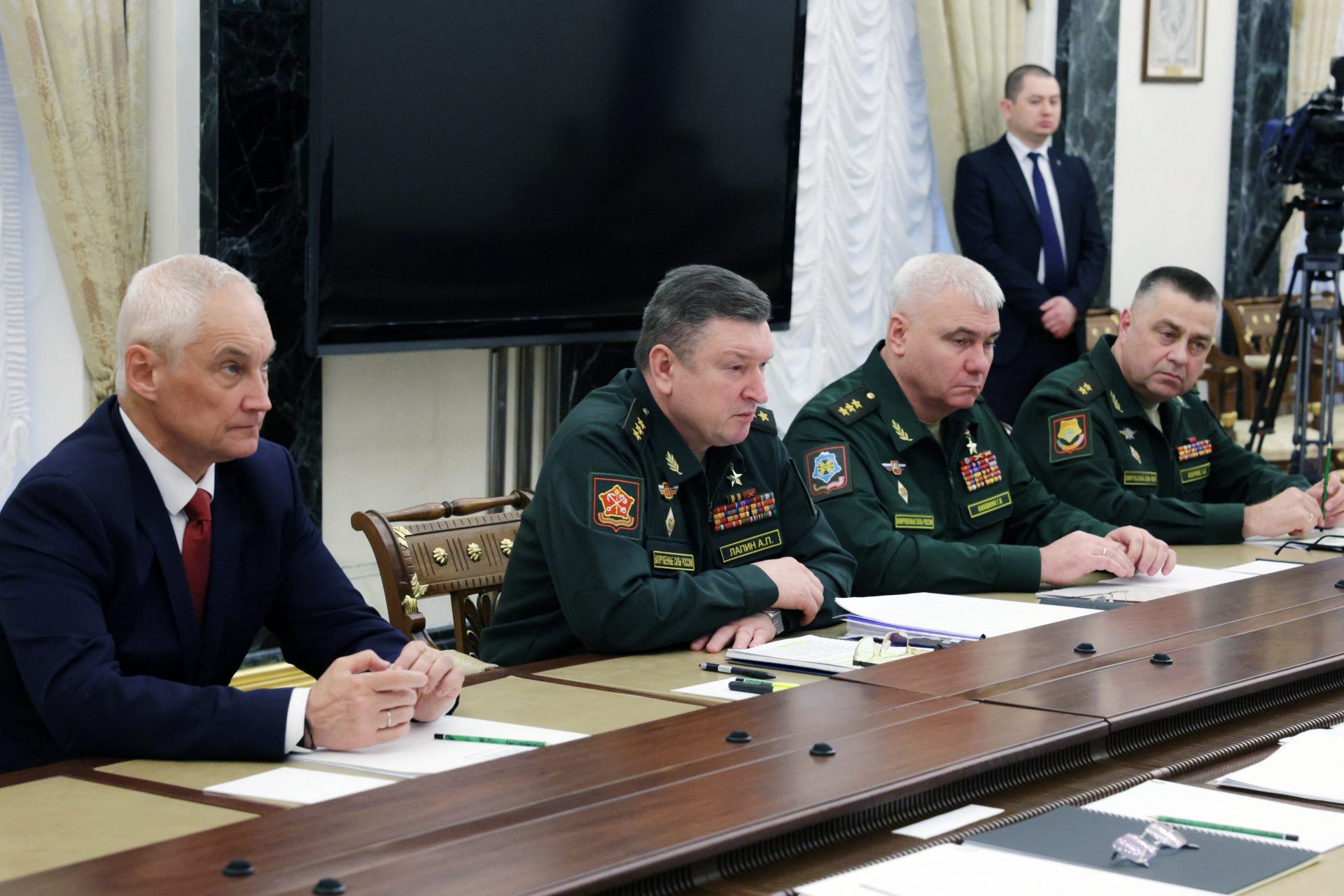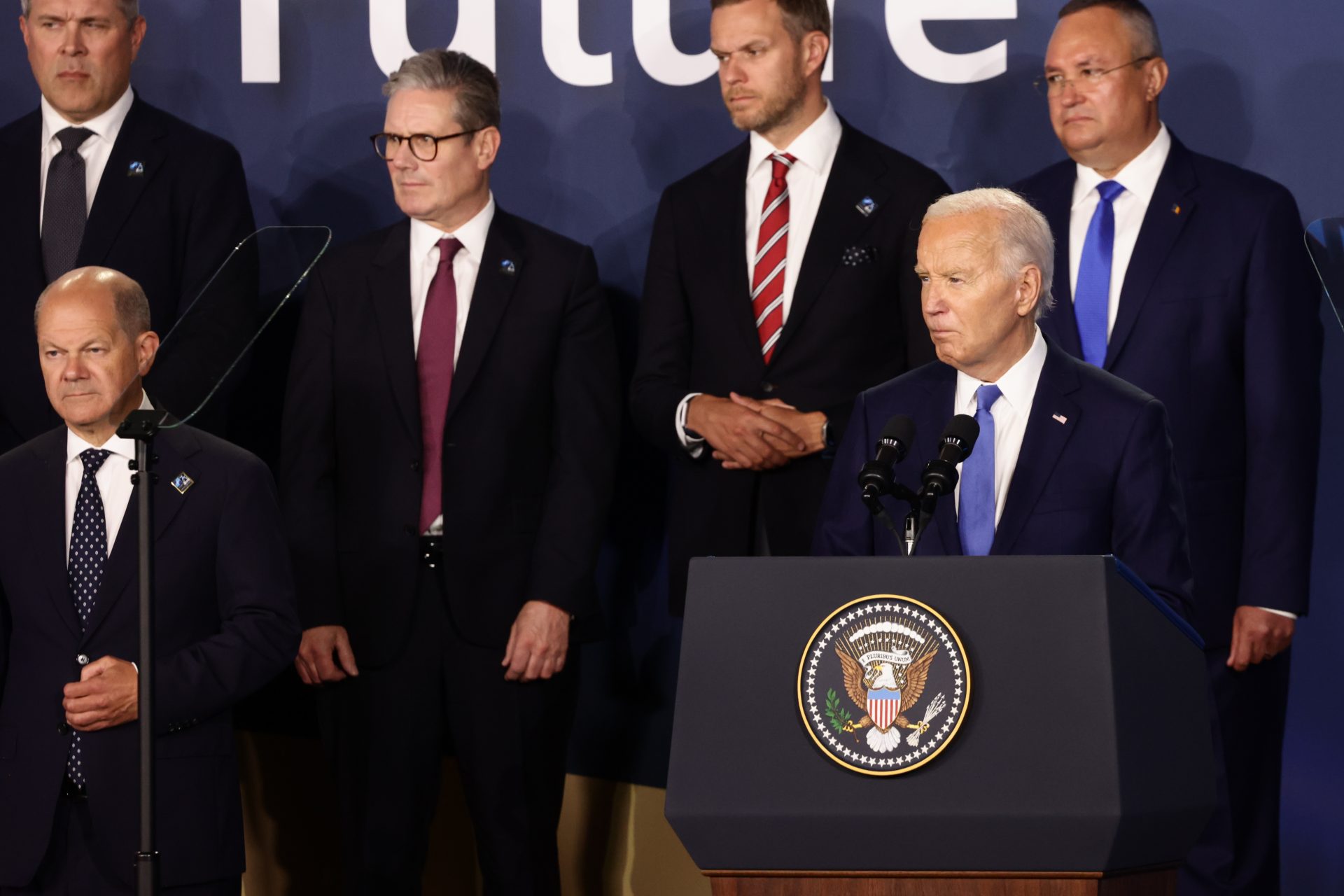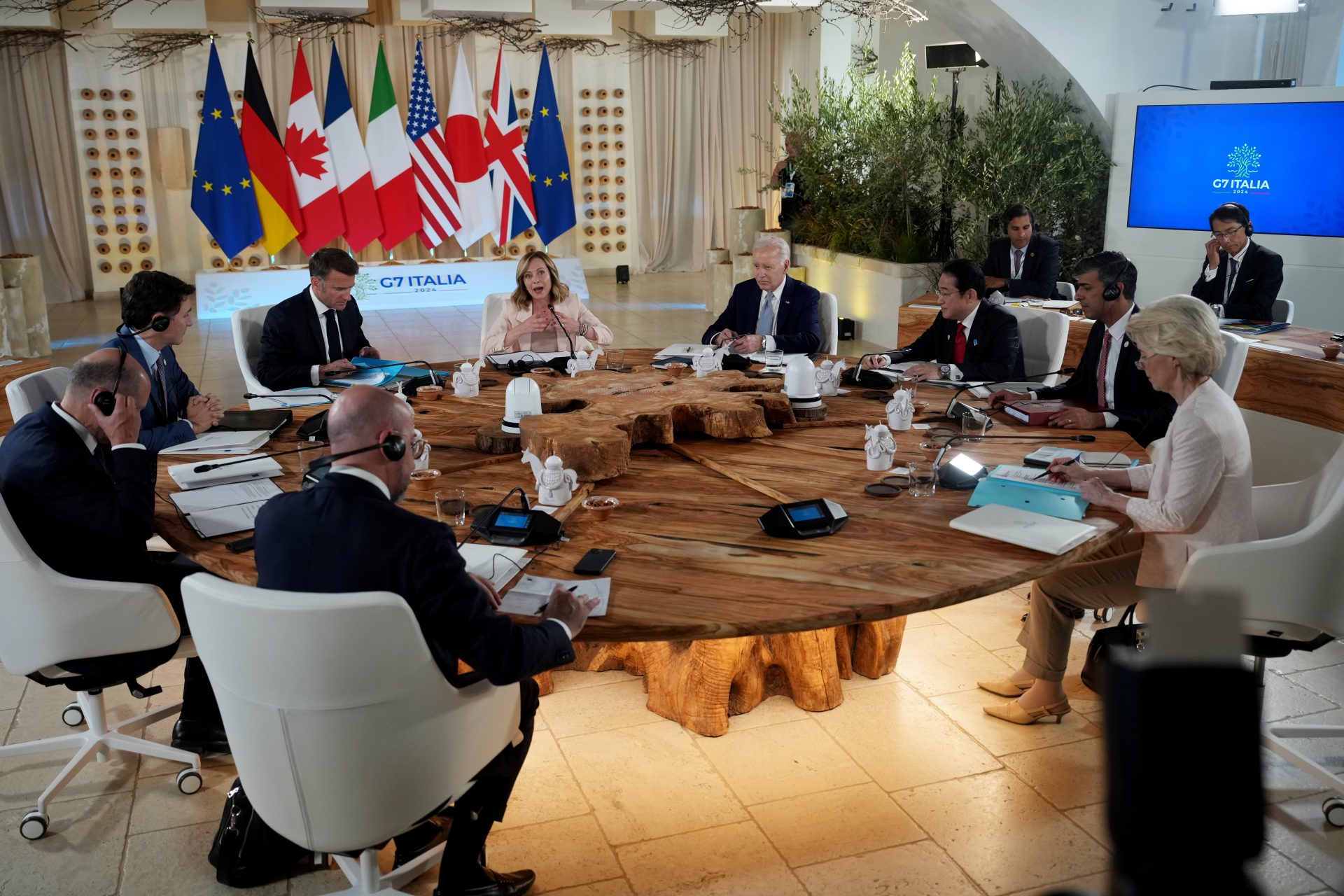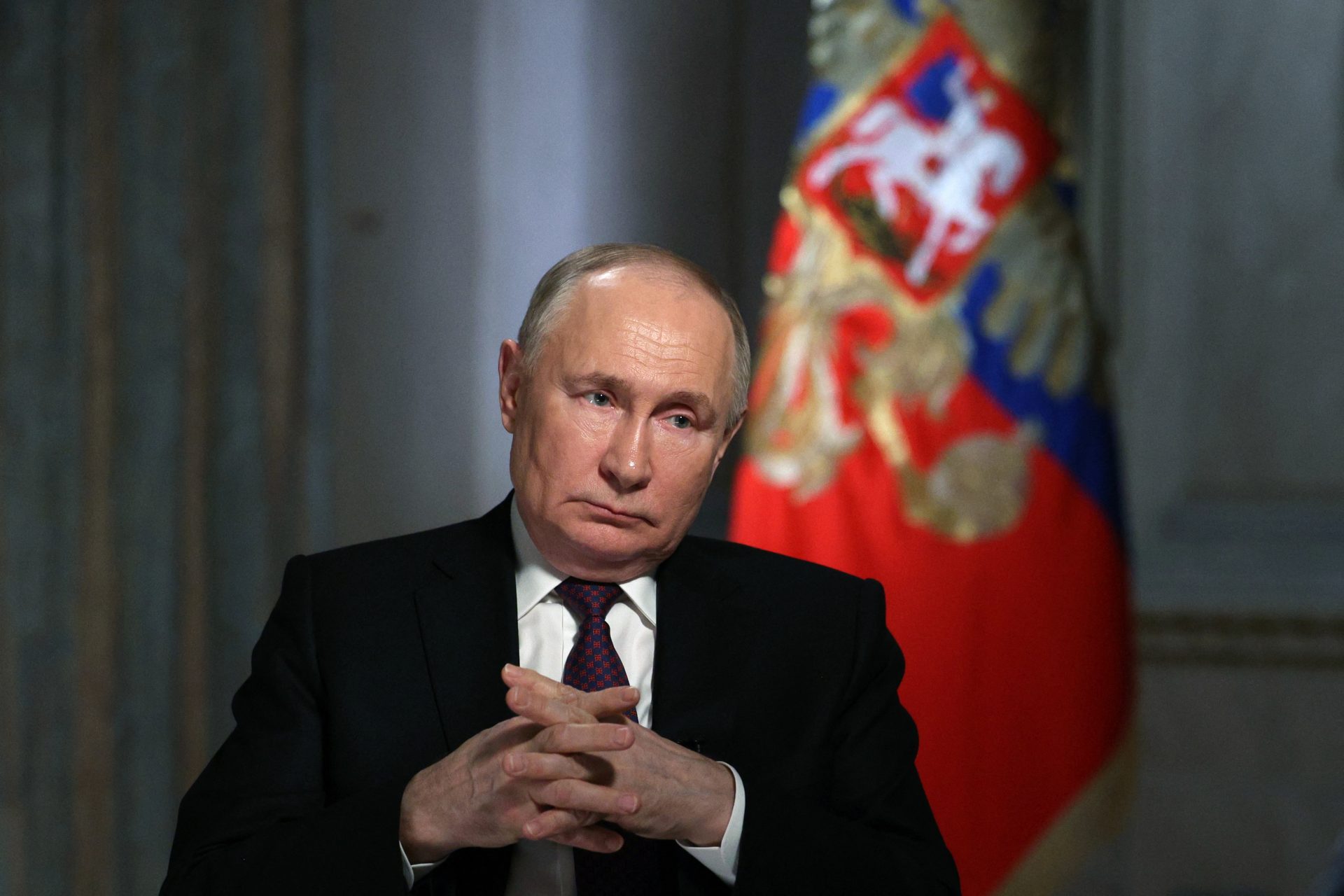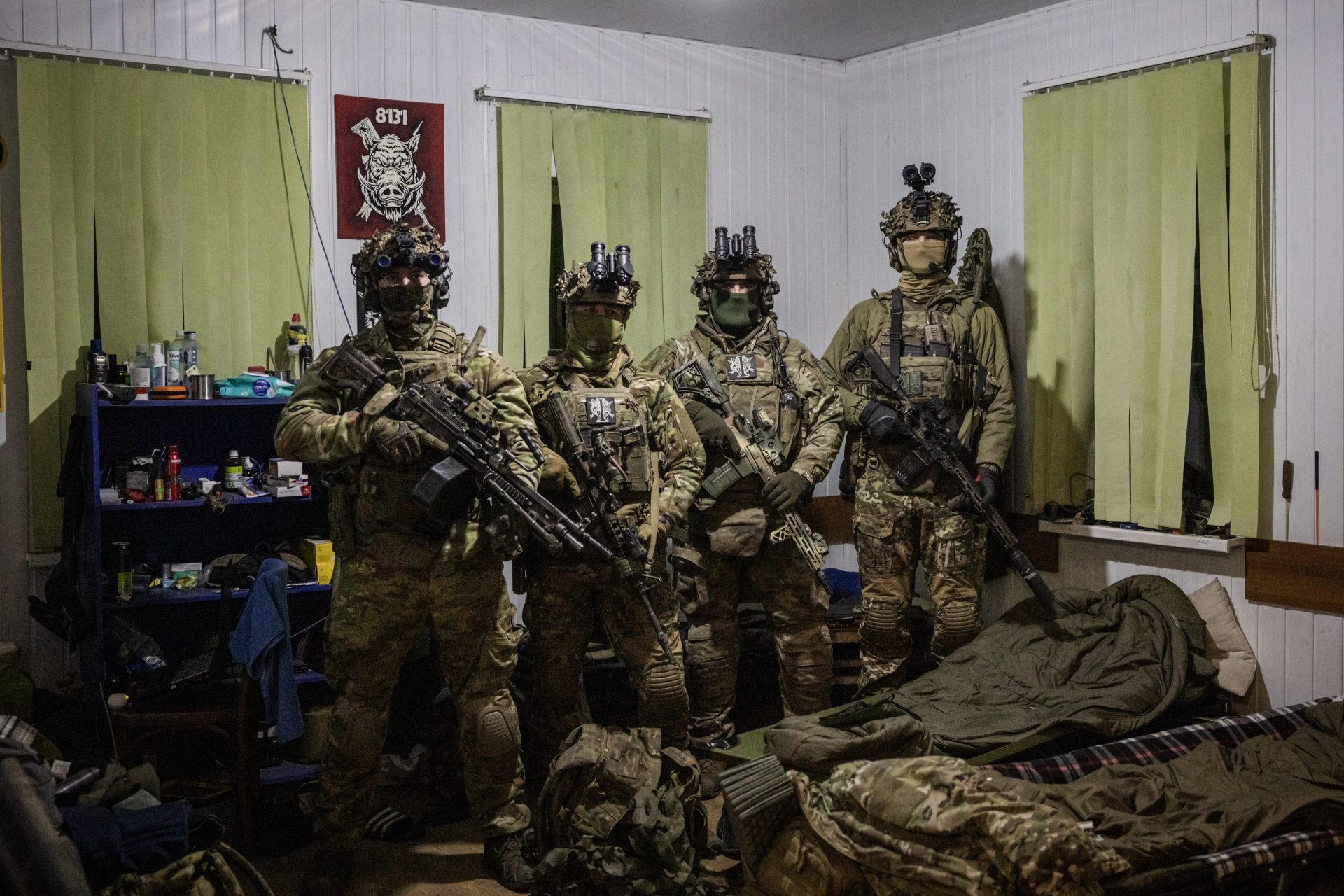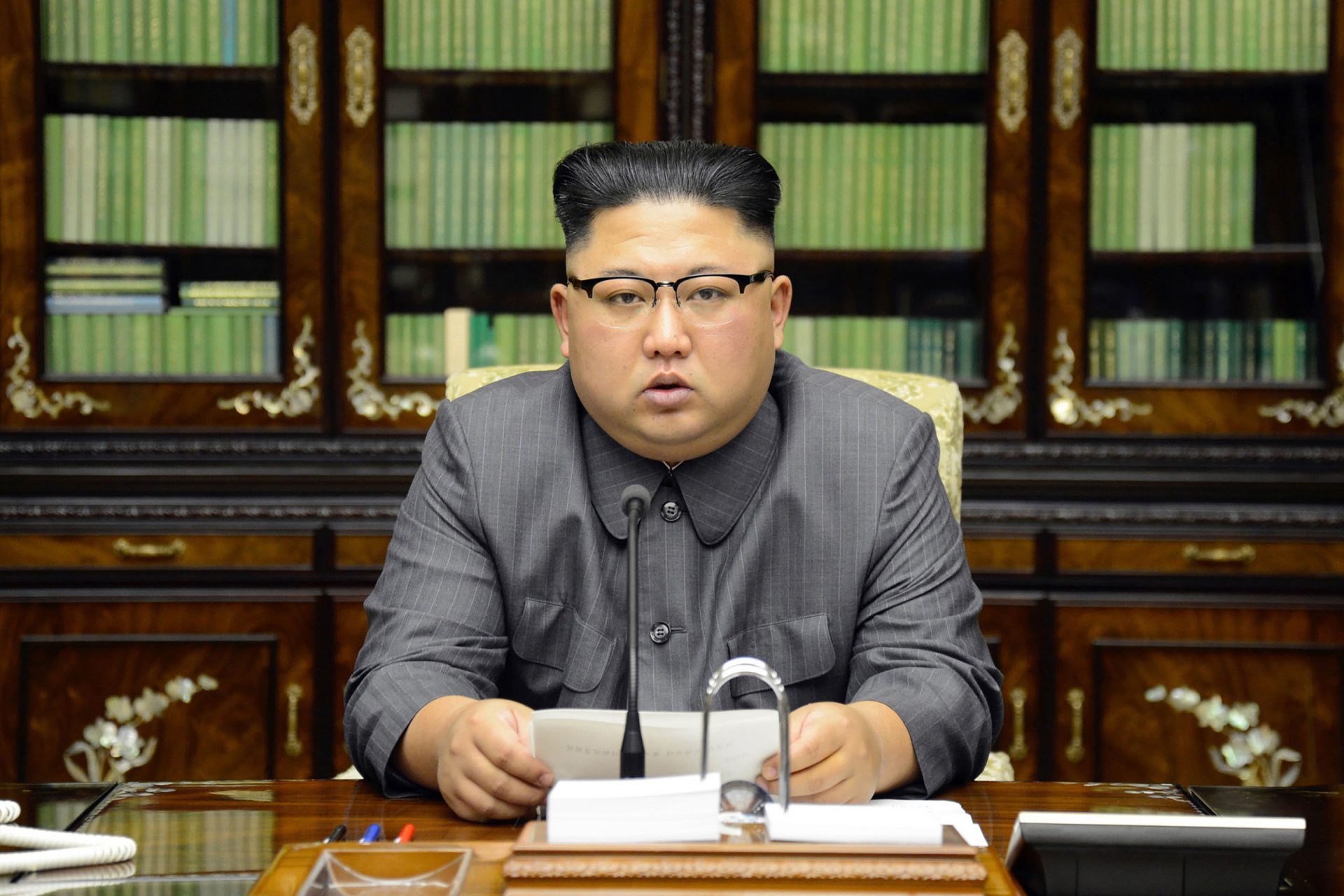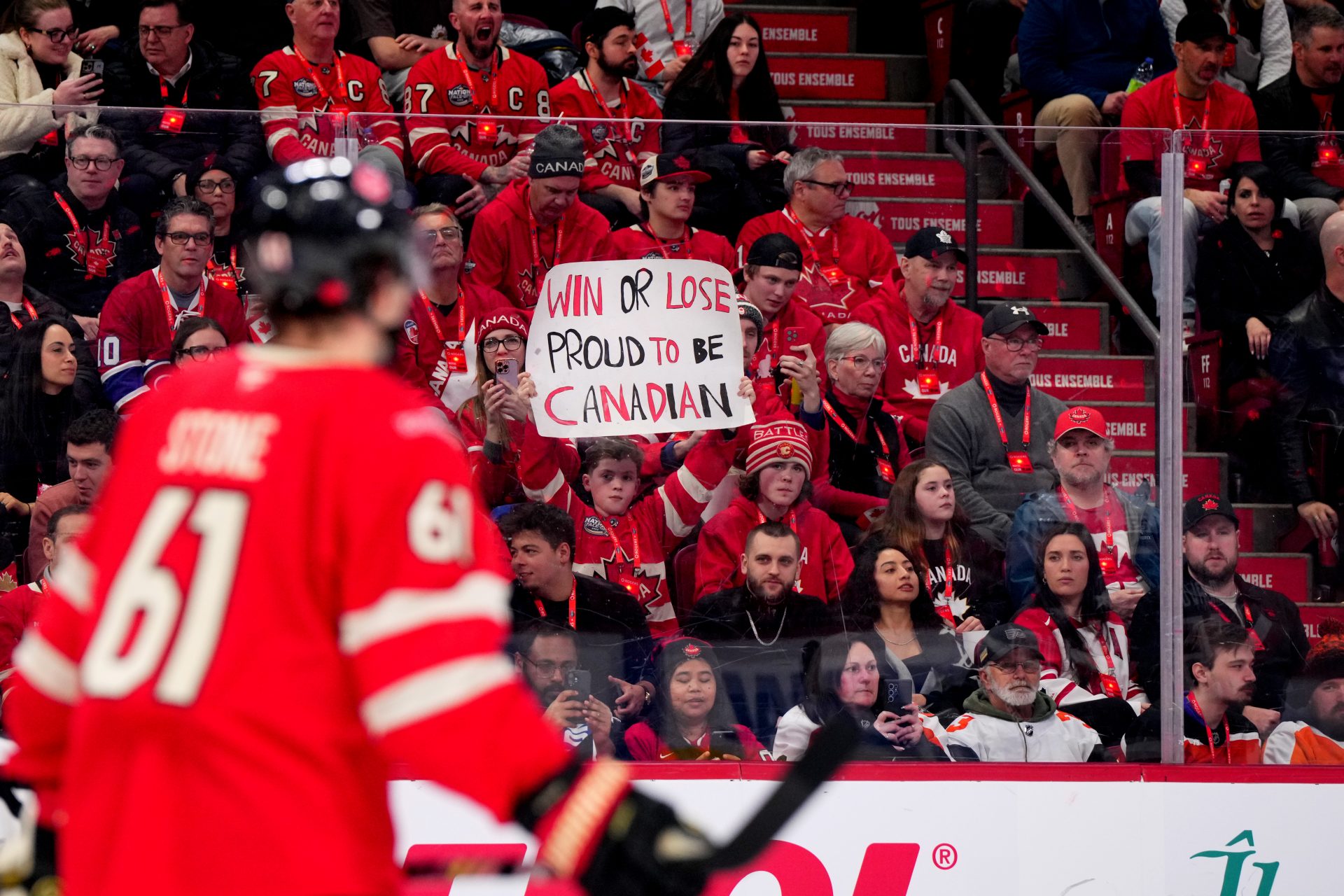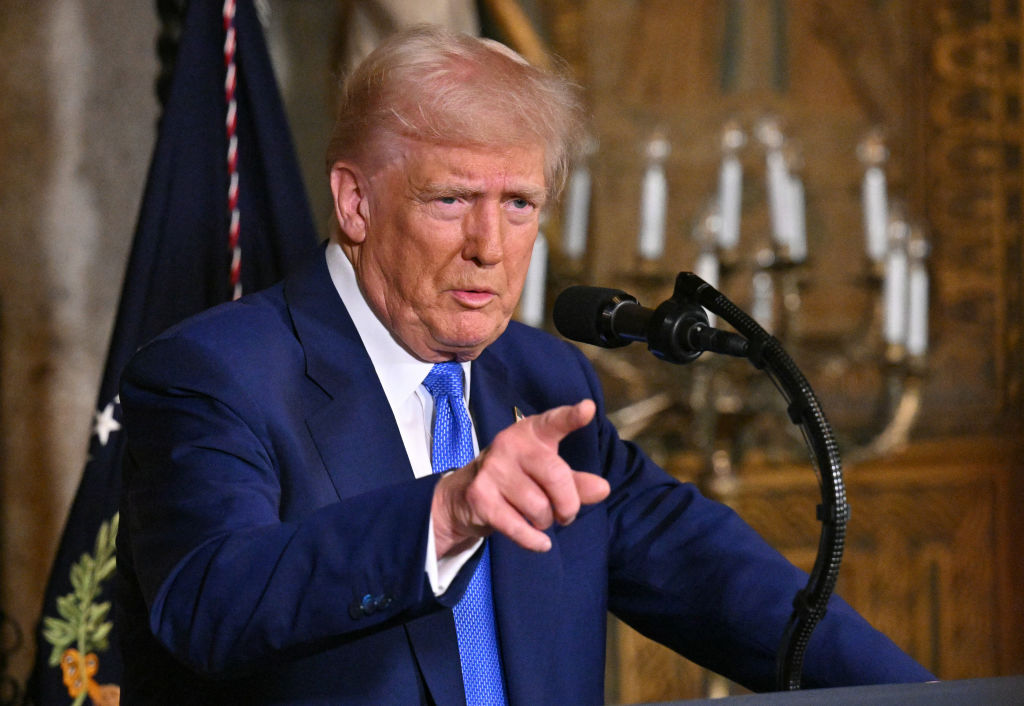Inside Sources: The hidden strengths of Russia's nuclear approach
Russia has done so much nuclear saber-rattling since the invasion of Ukraine began in 2022 that sometimes it is hard to take the threat the country poses seriously. However, recently, a Kremlin insider gave a stark warning to anyone who may be doubting Russian capabilities.
Important leaders in Moscow like the Deputy Chairmen of the Russian Security Council Dmitry Medvedev and President Putin himself have made several concerning remarks about Russia’s nuclear policy, but they aren’t the only officials who have made threats.
The latest worrying comments from a high-level Russian official came from the Russian Deputy Foreign Minister Sergei Ryabkov, a staunch Putin ally who warned the Kremlin’s nuclear doctrine was insufficient in some areas and being underestimated by the West.
"The experience gained during the special military operation has also shown that the overly general wording which is enshrined in our core doctrinal nuclear documents is insufficient," Ryabkov said on Channel One, a Russian state-run television channel.
Ryabkov added: "The fact that the West, and first and foremost NATO countries, ignore our potential in this area and that this group has some gut feeling that things won't end in the worst-case scenario,” according to a translation of his comments by Newsweek.
The Russian Deputy Defense Minister went on to say that Western thoughts on current nuclear doctrine in Russia “makes it necessary to say more clearly, more distinctly and more precisely what may happen provided that they persist in this."
Ryabkov was essentially advocating that Moscow needed to clarify its doctrine to state exactly what would happen if Western countries and NATO continued to underestimate Russian nuclear doctrine and what could prompt a nuclear response or attack.
The idea that the West underestimates the possibility Russia could use its nuclear weapons has been brought public before. In June, Putin told journalists that Western nations were wrong in the belief that Russia wouldn’t use its nuclear weapons.
"For some reason, the West believes that Russia will never use it," Putin stated in his meeting with journalists according to BBC News. "We have a nuclear doctrine, look what it says,” the Russian President added.
“If someone's actions threaten our sovereignty and territorial integrity, we consider it possible for us to use all means at our disposal,” Putin continued. "This should not be taken lightly, superficially."
In May 2024, the Center for Strategic and International Studies (CSIS) attempted to provide an answer to the question of why Russia has continued its nuclear saber-rattling following nuclear drills in early May that took place in its Southern Military District.
CSIS Director of the Project on Nuclear Issues Heather Willaims argued that nuclear saber-rattling has been a part of the Russian strategy in Ukraine since Putin ordered the invasion of the country in February 2022 for a variety of useful reasons.
“The Kremlin clearly perceives some benefit from this strategy. One reason might be deterrence and nuclear signaling. But another reason Russia continues to rely on nuclear saber-rattling is because it is getting away with it,” Willaims explained.
“These risky behaviors are essentially cost-free to Moscow and have drawn little-to-no response from the wider international community, aside from statements of opprobrium by the United States and some European states,” Williams added.
The proper response to such threats according to Williams should be confrontation that includes imposing diplomatic or economic costs for Moscow’s saber-rattling. Whether or not this is a position the West will adopt has yet to be seen, but they have yet to do so so far.
“While Russia may perceive its nuclear saber-rattling as having a stabilizing deterrent effect and keeping the West at bay, it has also raised nuclear risks to the highest level since the end of the Cold War,” Williams wrote, which isn’t good for world security.
More for you
Top Stories



